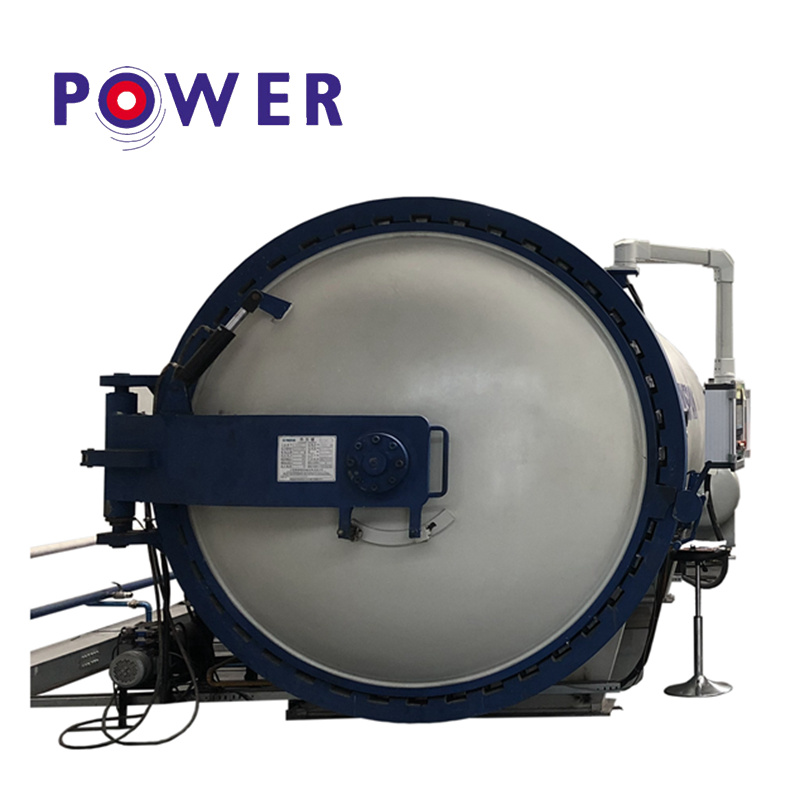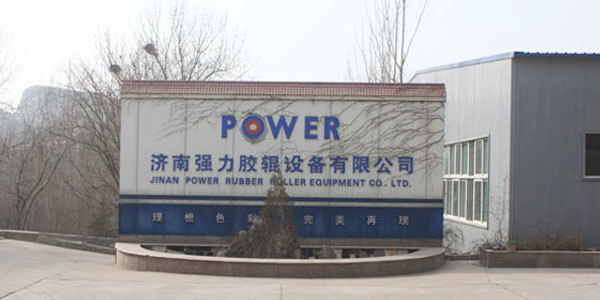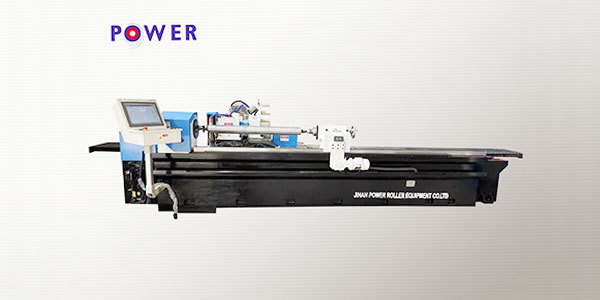
Introduction and Advantages of Rubber Roller Vulcanization
Release time:
2024-03-05
Introduction and Advantages of Rubber Roller Vulcanization
 Rubber roller vulcanization is a critical process in the manufacturing industry that involves imparting strength, durability, and elasticity to rubber rollers. By subjecting rubber compounds to heat and pressure in a vulcanization process, the rubber material undergoes chemical changes that enhance its physical properties. In this article, we will explore the process of rubber roller vulcanization, its benefits, and advantages in various industrial applications.
Rubber roller vulcanization is a critical process in the manufacturing industry that involves imparting strength, durability, and elasticity to rubber rollers. By subjecting rubber compounds to heat and pressure in a vulcanization process, the rubber material undergoes chemical changes that enhance its physical properties. In this article, we will explore the process of rubber roller vulcanization, its benefits, and advantages in various industrial applications.
The Process of Rubber Roller Vulcanization: Rubber roller vulcanization is a complex chemical process that involves curing rubber compounds through the application of heat and pressure. The vulcanization process typically takes place in a vulcanization press, where the rubber roller is placed in a mold and subjected to controlled temperature and pressure conditions. Sulfur or other vulcanizing agents are added to the rubber compound to facilitate cross-linking of polymer chains, resulting in improved strength, elasticity, and resistance to wear and tear. The vulcanization process causes the rubber material to undergo a chemical transformation, forming a three-dimensional network structure that enhances its mechanical properties.
Advantages of Rubber Roller Vulcanization:
- Increased Strength and Durability: Vulcanized rubber rollers exhibit enhanced strength, toughness, and durability compared to non-vulcanized rubber. The chemical cross-linking process during vulcanization improves the structural integrity of the rubber material, making it resistant to abrasion, tearing, and deformation.
- Enhanced Elasticity and Flexibility: Vulcanized rubber rollers possess superior elasticity and flexibility, allowing them to absorb shocks, vibrations, and pressure variations during operation. This elasticity ensures a smooth and consistent performance of rubber rollers in industrial machinery.
- Improved Heat and Chemical Resistance: Vulcanized rubber rollers demonstrate increased resistance to heat, chemicals, and environmental factors, making them suitable for a wide range of industrial applications. The vulcanization process creates a robust molecular structure that can withstand harsh operating conditions.
- Reduced Wear and Maintenance: Vulcanized rubber rollers experience minimal wear and degradation over time, leading to longer lifespan and reduced maintenance requirements. The enhanced strength and durability of vulcanized rubber rollers result in improved performance and cost savings for industrial operations.
- Customizable Properties: The vulcanization process allows for the customization of rubber roller properties, such as hardness, stiffness, and resilience, to meet specific application requirements. By varying the vulcanization parameters, manufacturers can tailor the characteristics of rubber rollers to suit different industrial needs.
In conclusion, rubber roller vulcanization is a crucial process that imparts strength, durability, and enhanced properties to rubber rollers used in various industries. The chemical cross-linking mechanism of vulcanization improves the physical and mechanical characteristics of rubber materials, leading to superior performance and longevity of rubber rollers. With advantages such as increased strength, flexibility, heat resistance, and customizable properties, vulcanized rubber rollers play a vital role in ensuring efficient and reliable operation of industrial machinery across different sectors.
RELATED INFORMATION










